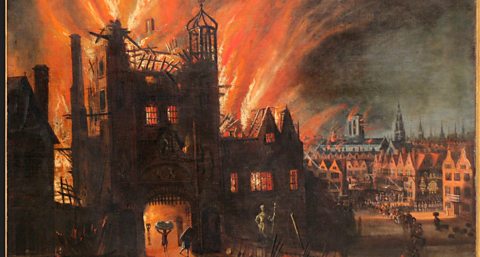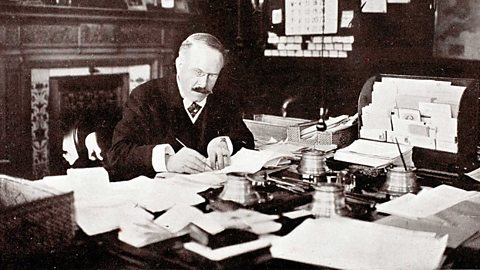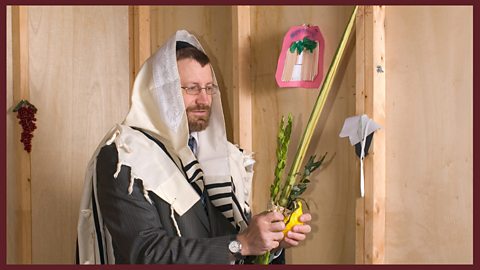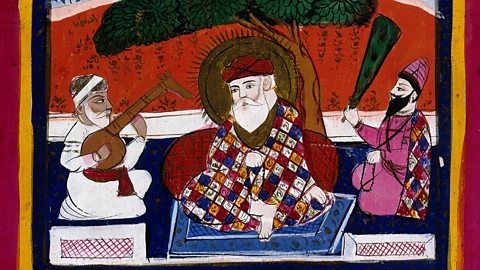Pre-programme questions
- How different are the lives of ordinary people now compared with people living in the late 17th century (1600s). What do we have nowadays that people then would never even have dreamed of?
- What do you know about The Great Fire of London? Do you know when it occurred, how it started, and how serious it was? What other great disaster had just befallen the people of London the year before?
- A disaster like a fire or natural disaster such as an earthquake or flood brings many changes to peopleâs lives. What have been the biggest changes in your life and how have these changes affected you?
Click to display the image full-size

Programme content:
Vox pops: children talk about changes theyâve experienced and how they dealt with them Interview: with a curator at the Museum of London about a new exhibition remembering the Great FireStory: The Great Fire of London by Sue Reid
Song: âWe will growâ- All about our school, no. 10
Reflection: on change, how it affects us and other people, looking forward to the opportunities that change can bring
Story synopsis:
In the late 17th century Sarah describes how she came to be a servant, after her father had died of the plague and she and her mother lost their home in the Great Fire of London.
In September 1666 Sarah had heard that the fire had begun in a bakery in Pudding Lane, and when she went down to see for herself, she met a tide of people fleeing the area with carts piled high with all their possessions.
The fire eventually reached her house.
When Sarah and her mother returned to their smoke-ruined house, Sarahâs mother was philosophical about it - nothing stays the same for- ever - and Sarah tries to cling on to the hope that one day her luck will change.
After the story:
- Why did Sarah become a servant? Is she happy?
- Where did the fire start? How did Sarah hear about it?
- Why did Sarah and her mother not leave their home immediately?
- When did the fire eventually reach Sarahâs house, and how did she and her mother es- cape?
- When they returned home, what did they find, and what did Sarahâs mother say to try to stay positive?
Follow-up activities:
- Imagine that you are one of the people who has to inspect the damage after the Great Fire. Write a diary entry describing what you see and how you feel about it.
- Sarahâs mother says, âNothing stays the same foreverâ. Write the story of what happens next to Sarah and her mother. How do they recover from the disaster and what do they go on to do next? You could write your story in three short paragraphs: the year after the fire, ten years later, and when Sarah as an old woman looks back on her life.
- Create a poster warning people of the dangers of fire and giving advice on how to avoid it. Youâll need to think about the key messages you want to get across, the kind of illustrations youâll use and how youâll make your poster eye-catching and memorable.
KS2. Thomas Barnardo. audio
Gemma hears about Thomas Barnardo, the founder of children's charity Barnardo's.

KS2. Sukkot. audio
Gemma hears about the Jewish festival of Sukkot.

KS2. Guru Nanak. audio
Hear about the life of Guru Nanak, founder of the Sikh religion
